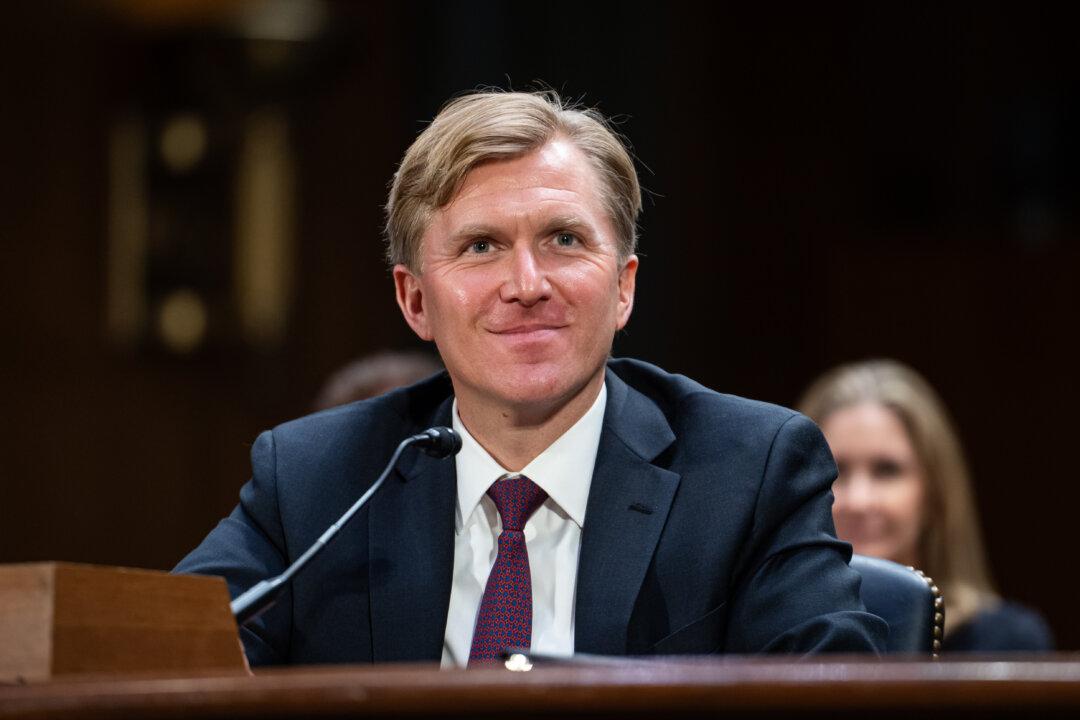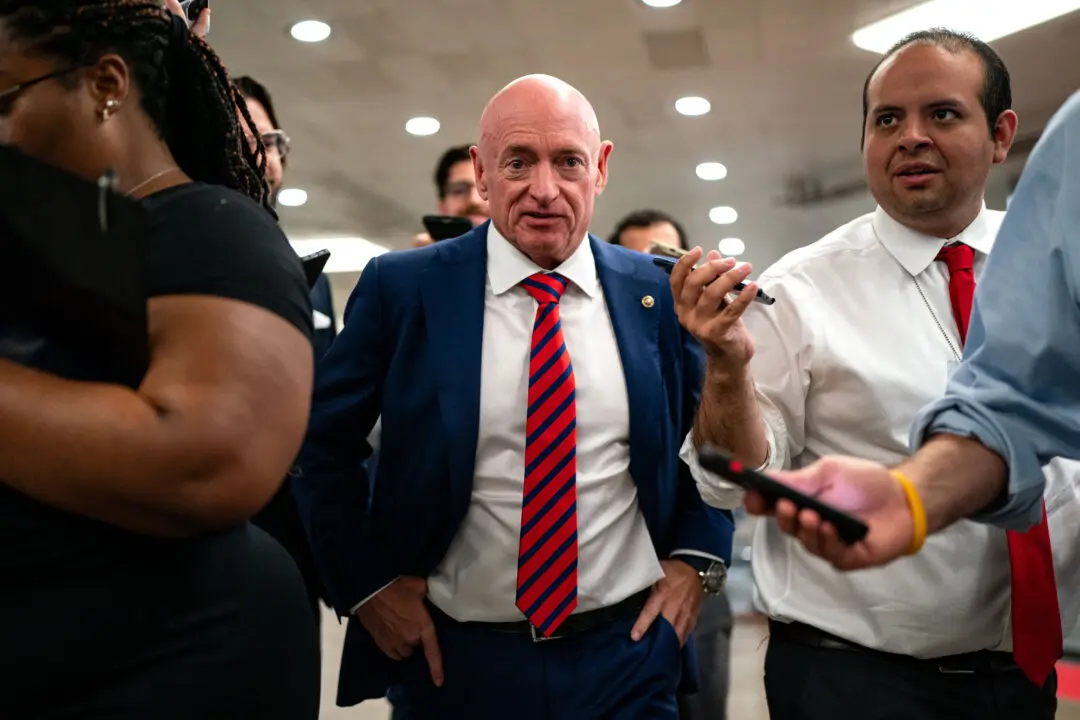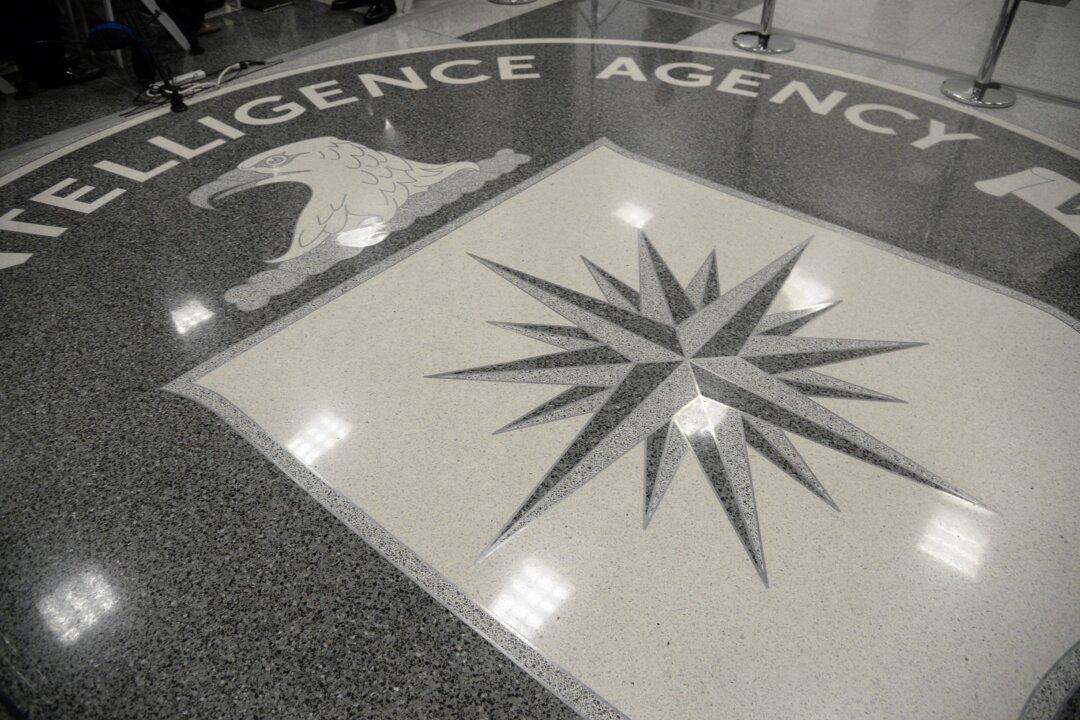The Senate voted to confirm Elbridge Colby as the next undersecretary of defense for policy on April 8, giving final validation for President Donald Trump’s pick for a top Pentagon strategy post.
Colby’s confirmation passed by a vote of 54–45. Now confirmed, he is set to serve as the top defense policy adviser to Defense Secretary Pete Hegseth and help shape U.S. national security policies.





